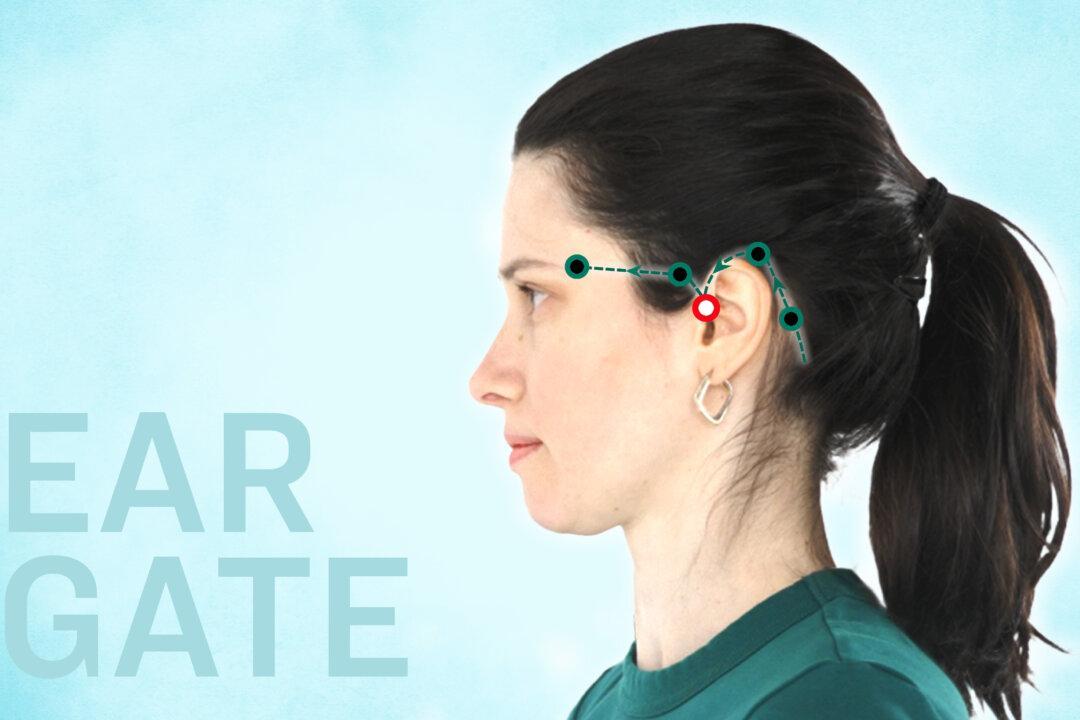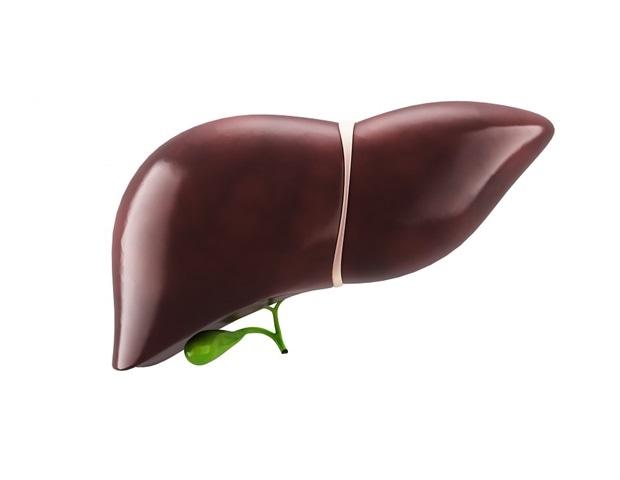THREE KEY FACTS: Most people don’t simply want to live until 110 – they want to extend the amount of time they live free of serious disease, a concept known as health span. Beyond traditional tools such as lab tests and imaging, doctors can now draw from a range of biological clocks that help track how the body is ageing. Layering this biological information with recent advances in AI allows health providers to make increasingly sophisticated predictions about a person’s likelihood of developing disease.
The dream of reversing ageing has captivated humans for centuries, and today science is closer than it ever has been to achieving that goal. Which is to say: it’s still pretty far away. That’s not for lack of trying.

Some researchers are attempting to rel="" title="https://www.nature.com/articles/s43587-022-00183-2">reprogramme cells to make them biologically younger, which has been shown to reverse features of ageing in older animals.
Unfortunately, this can also induce cancer. Other researchers are studying drugs called senolytics , which aim to clear aging cells out of the body. However, they can also destroy other cells humans need to survive.
Transfusions of blood from young mice appear to rejuvenate older mice, but companies offering this unproven treatment for humans are charging a lot for a potentially dangerous therapy. And while some longevity enthusiasts are taking the drug rapamycin because studies have shown it helps animals live longer, it also weakens the immune system and hasn’t been proved to work in people..
Health

How the new science of ageing can predict your future – Dr Eric Topol
New York Times: A new era of medical care is upon us, writes Dr Eric Topol.















